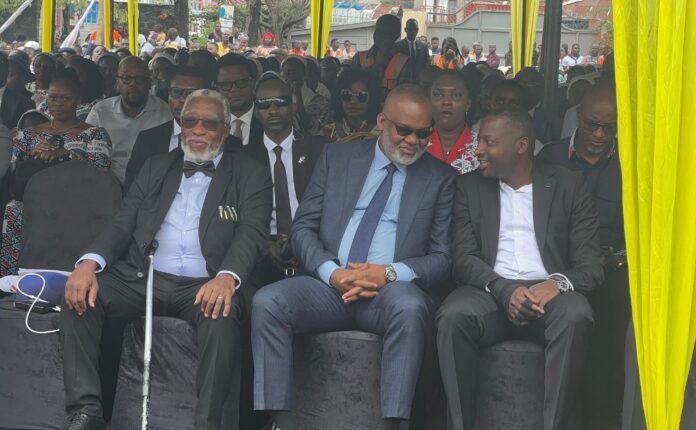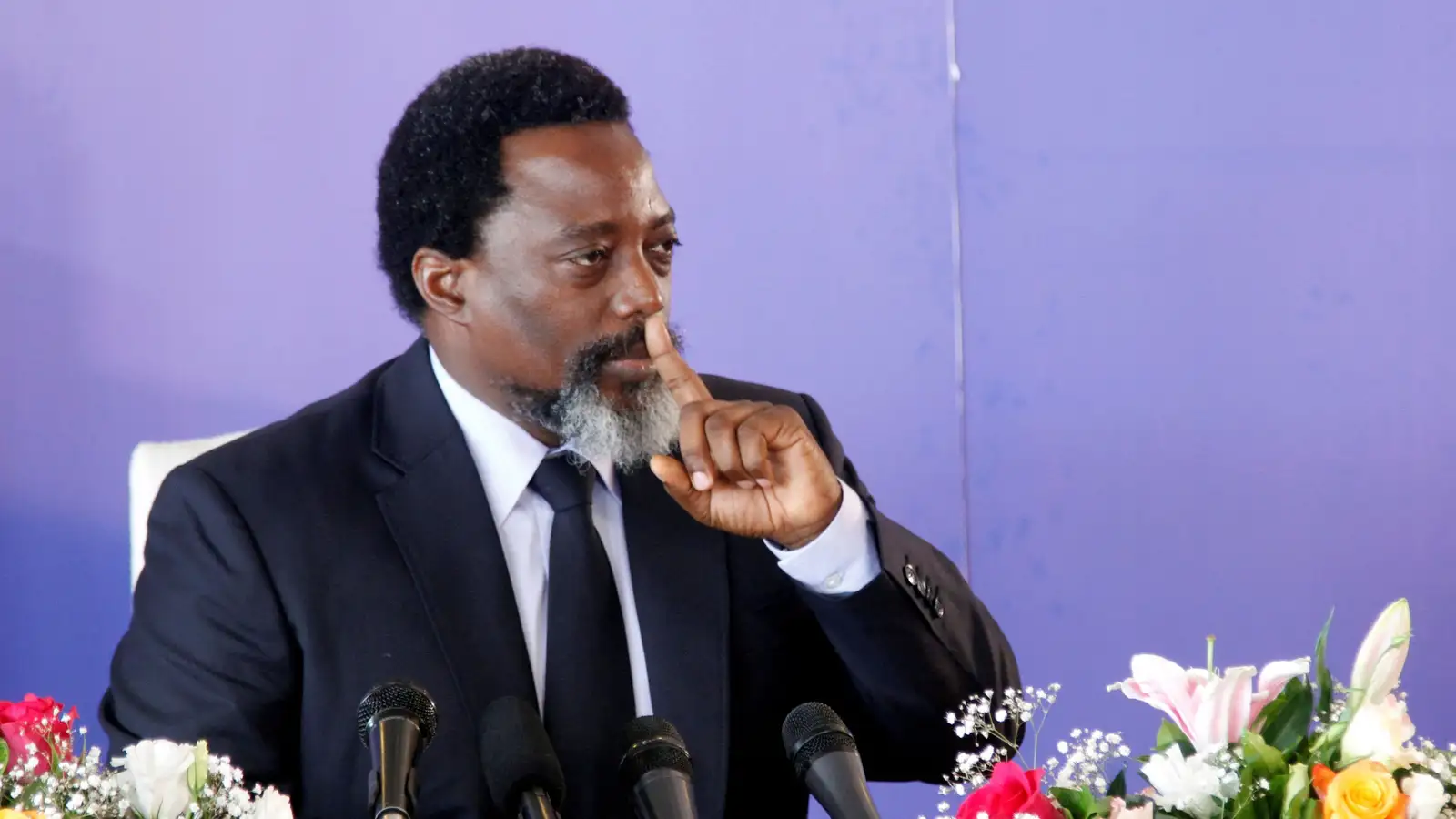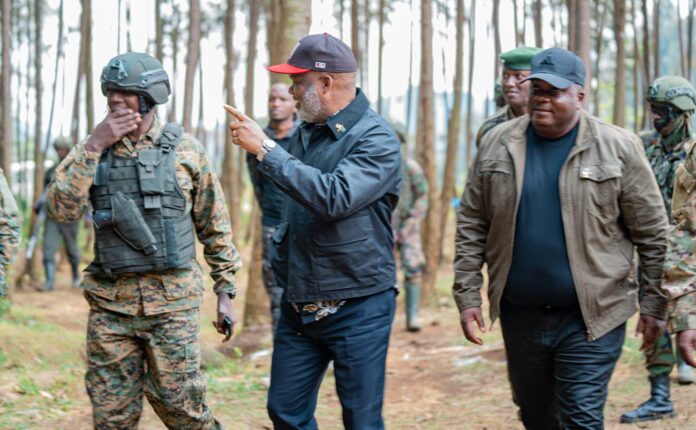For several months, the security and humanitarian situation in the eastern Democratic Republic of the Congo (DRC) has continued to deteriorate. Tensions between the government and the M23 movement have led to controversial decisions, placing the civilian population in a precarious position. Between economic sanctions and targeted attacks, residents in areas under M23 control live a reality marked by uncertainty and deprivation.
Note: Company, Blog, Church websites are free.
One of the most troubling aspects of this crisis is the embargo imposed by the Congolese government on regions under M23 control. By shutting down banks in the North and South Kivu provinces, Kinshasa has restricted citizens’ access to their own finances, exacerbating an already difficult economic situation. This measure, initially intended to weaken the movement, has mainly resulted in plunging the local population into increased distress, depriving them of essential banking services.
In the same punitive logic, the government cut off electricity supplied by the National Electricity Company (SNEL) to the inhabitants of Goma, a city already weakened by conflict. This situation persisted until the M23 took control of Bukavu on January 16. The next day, the movement group restored electricity, giving residents access to a vital basic service. This episode highlights the contradictions of a government policy that, in the name of the M23, ends up depriving its own citizens of essential services.
Beyond economic and energy deprivations, the civilian population faces growing insecurity. Grenade attacks have been reported in civilian gatherings, spreading fear and confusion. Many observers point to elements linked to the government as being responsible for these attacks, seeking to justify repressive measures by creating a climate of terror.
As clashes continue, relative calm has been reported in areas under M23 control, particularly for students who can continue their education without fearing for their safety. The absence of the Wazalendo militias, known for their brutality, has allowed for some stabilization. However, this stability remains fragile and depends on the evolution of the conflict between the M23 and government forces.
The situation in the DRC raises many questions about the responsibility of the conflicting parties and the real victims of this war: the civilians. Far from political rhetoric and strategic stakes, thousands of Congolese simply aspire to a normal life, with access to basic services and protection from violence. The future of eastern DRC remains uncertain, but one thing is clear: any lasting solution must take into account the suffering of the inhabitants and strive for an inclusive and fair peace.


